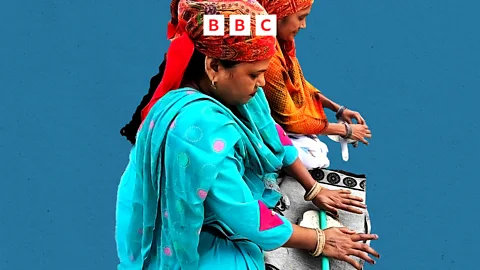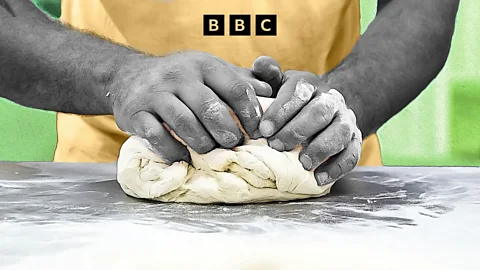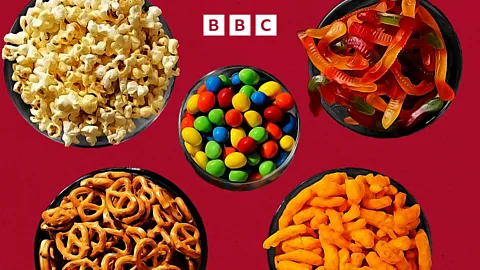
The Food Chain
The Food Chain
Food cottage industries
April 24, 2025
26 minutes
Available for over a year
Cottage industries, usually referring to small scale home-based production, can be found all over the world. Often they provide a vital source of additional income for women, particularly in low income and rural areas.
In this programme Devina Gupta speaks to women who are working in food cottage industries in India, Eswatini in Southern Africa, and Ecuador, to hear about the work and the difference it makes to their finances.
Devina goes to meet some of the 40,000 women working for Shri Mahila Griha Udyog Lijjat Papad, India’s multimillion-dollar co-operative, which produces 'Lijjat Papad' poppadoms, sold nationwide.
If you’d like to the programme you can email [email protected]
Presented by Devina Gupta.
Produced by Hannah Bewley.
(Image: two women rolling poppadom disks in Delhi. Credit: BBC)



